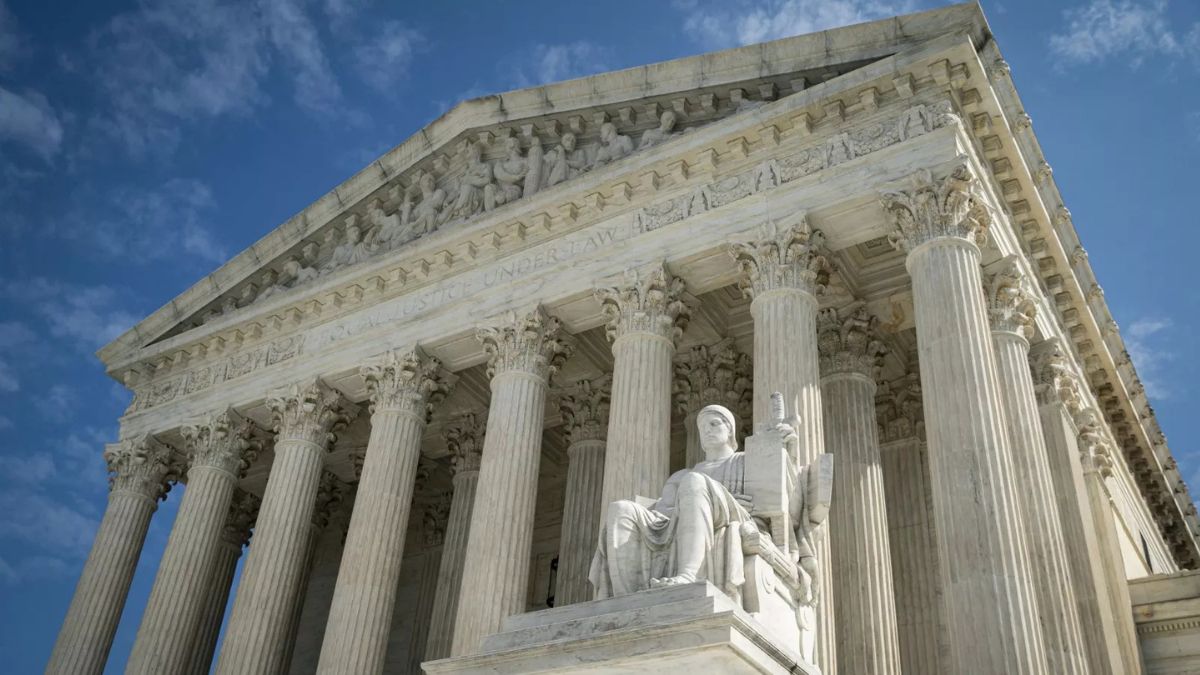

BreakPoint
Open Revolt
The president of the United States has a problem: He’s lost Virginia. For the second time in history, Virginia has left the Union. The state’s citizens are fed up with Supreme Court rulings that legalized assisted suicide, taxpayer-funded abortions, and special rights for homosexuals. No, I’m not reading the headlines in the Washington Post. I’ve just described the opening chapter of The Revolt, a novel by Susan Wise Bauer. The book explores what could happen in America if the democratic process is shut down. It’s a frightening story, because the plot is not as far-fetched as it may sound. In the story, the governor of Virginia delivers an ultimatum to Washington: Unless the government allows the state to put an end to assisted suicide and government-funded abortions within its borders, the Old Dominion will secede from the Union. The governor points out that Virginians have tried every legal avenue to stop these practices, only to be blocked by an activist Supreme Court. The president is outraged at Virginia’s audacity, but there’s little he can do to meet the governor’s demands: Supreme Court decisions simply don’t permit it. So forty-eight hours later, Virginia secedes. That’s the beginning of a real page-turning adventure. Virginia is joined by North Carolina, and the two states set up a new country, with laws based on Scripture. Anarchists from all over the country come running to join the rebellion. Soon enough, we realize that imposing Biblical law doesn’t work, either. I won’t tell you how the story ends, but it all comes down to a cliff-hanging showdown. The Revolt is fiction, of course, but its opening scene sounds a grimly familiar chord. Portions of this fictional scenario have already played out in real life. For example, a few years ago Colorado citizens passed an amendment prohibiting special treatment for homosexuals. But the Supreme Court overturned the law, in effect shutting down the democratic process. Even worse, the Court accused citizens acting on Christian principles of being motivated by animus, or hatred, of homosexuals. In other words, anyone who adheres to a transcendent moral standard is effectively disenfranchised. In another case, Casey v. Planned Parenthood, the Supreme Court pronounced the abortion issue closed. It urged all Americans to accept a "common mandate" imposed by the Court. Bauer’s novel suggests that when the courts remove crucial moral issues from democratic debate, Christians will find their backs to the wall. And I agree—I argued the same point in a recent issue of the journal First Things. The courts have taken away from citizens the power of framing laws according to our established moral tradition. This may eventually lead to a confrontation between church and state—a confrontation that could even lead to civil disobedience. Of course, Christians must try everything possible to change the laws before they even consider civil disobedience. Our churches must continue calling government officials to repentance. We must continue to speak out against the evil we see around us. But if that doesn’t work, who knows? We may find a governor playing a real-life role just as Susan Wise Bauer’s governor does in The Revolt.
04/16/97















